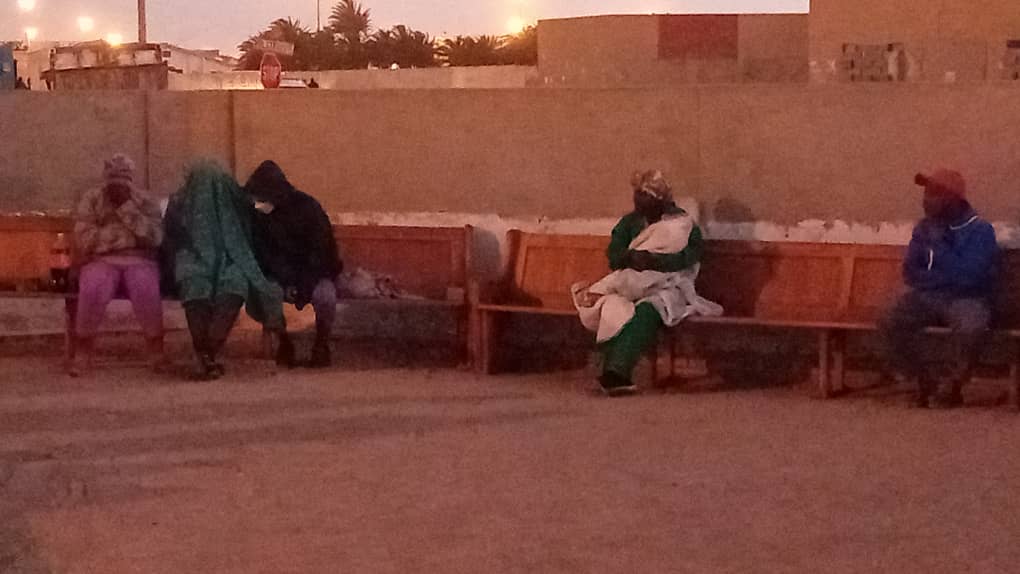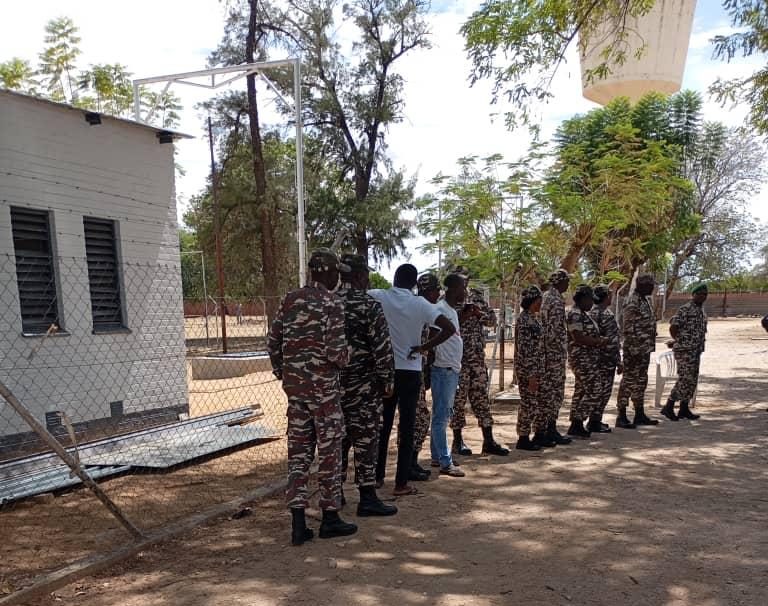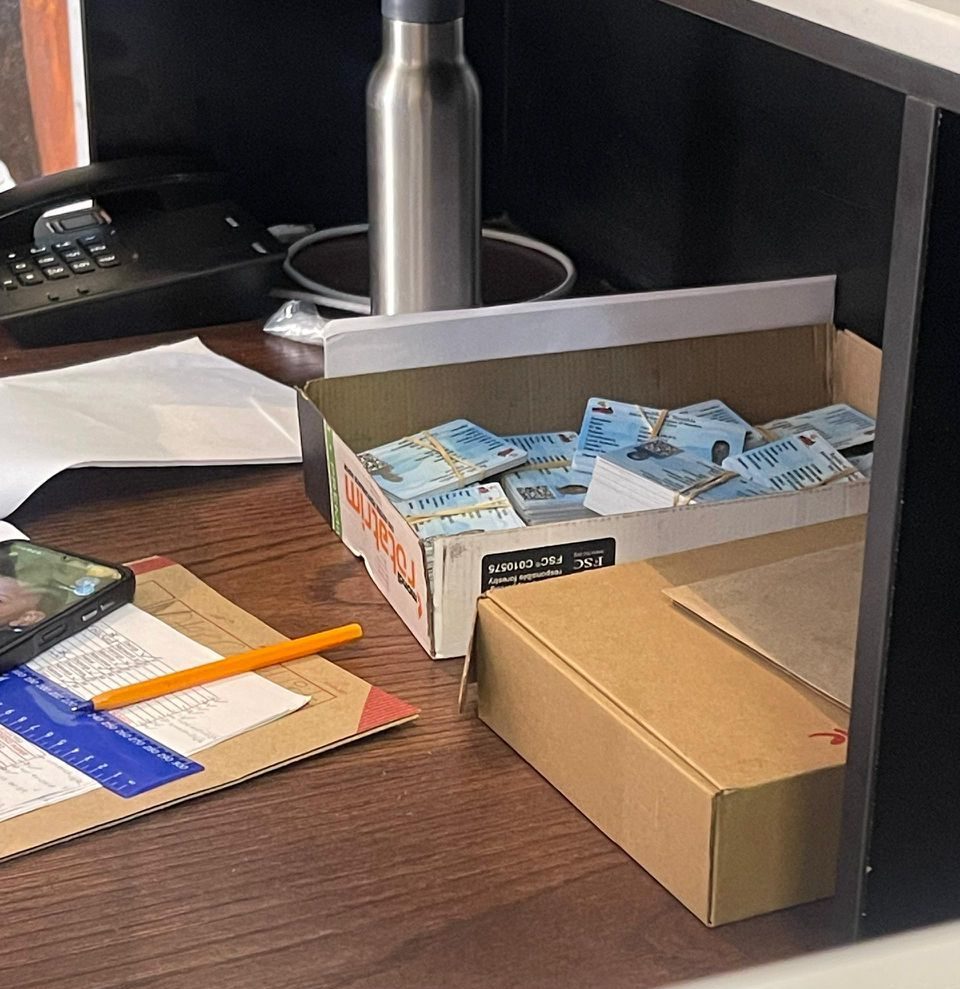Namibians call for better community policing, solutions from political leaders as crime gets out of hand
The Havana four-way stop in Windhoek is not only the city’s busiest intersection, it’s also one of the capital’s crime hotspots.
Martin Haimbili (31), who lives in Katutura’s Havana informal settlement, says to survive walking the streets alone, you have to hide your valuables.
“It is even worse for women who walk alone here. They are not safe at all.
“It has reached a point where we see someone getting robbed and we’re not surprised.”
Although community members always make an effort to run after the robbers, they are mostly lost in the settlement’s narrow streets, he says.
Khomas police spokesperson warrant officer Silas Shipandeni says crime hotspots were recently flagged as part of the police’s efforts to curb a constantly increasing crime rate.
Among the crime hotspots in Katutura are the Freedomland, Havana, Goreangab and Greenwell Matongo areas.
But residents say constantly looking over your shoulder is no way to live.
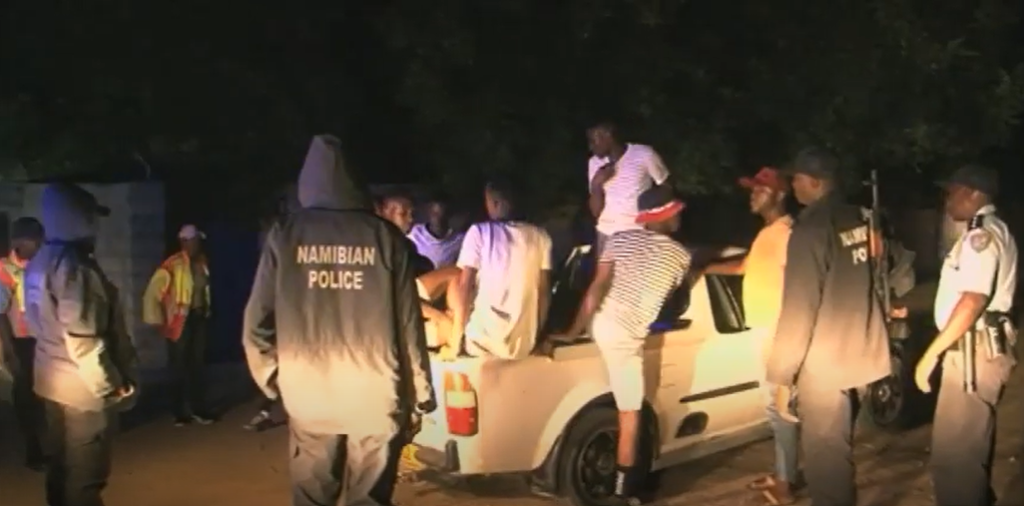
Grace Kontes (45) from Katutura’s Gemeente area says she worries for her family’s safety every day.
She says she is tired of being scared all the time.
“When I walk to the shops or pick up my children from school, I’m afraid.”
Kontes is one of many Namibians whose lives were upended by the almost 111 000 criminal cases the police recorded last year.
She says she had to install extra locks at home, and she even considered moving elsewhere.
But this is an expensive option.
“It’s draining to feel unsafe in your own neighbourhood,” she says.
Kontes hopes political leaders will take steps to address the country’s high crime rate.
She wants to see better policing, more visible patrols and community programmes to keep young people off the streets.
“I hope they’ll address the root of the issue – unemployment and a lack of opportunities – which is pushing people to desperation.”
SKYROCKETING FIGURES
The police recorded a total of 110 551 criminal cases in the 2023/24 financial year, inspector general Joseph Shikongo says.
This includes robberies, rape and gender-based violence (GBV), murder, theft of motor vehicles and livestock, dealing in drugs, and housebreaking and theft.
“The most affected regions were the Khomas region, with 32.5% of the total reported crimes, followed by the Oshana, Otjozondjupa and Erongo regions with 11.3%, 8.3% and 8%, respectively,” he says.
Shikongo says the Kavango West, Kunene and Omaheke regions were the least affected, with 1.5%, 3% and 3%, respectively.
“There are so many dynamics involved in influencing the level of crime in each region … we need to revisit our strategies to combat crime,” he says.
‘POOR POLICING’
Shikongo says apart from crime, his office is frequently inundated with complaints about police officers delivering poor service – particularly at charge offices and investigation units.
“Some of these members tend to be self-appointed bosses who show our clients no respect, politeness, friendliness or compassion.
“We should, therefore, devise strategies to address this type of irresponsible conduct,” he says.
Budgetary constraints, however, affect police operations.
“During our five days of deliberations, we will be considering issues hampering us in fighting crime, and adopt resolutions that will enable us to unlock the gravitational centre of crimes,” Shikongo says.
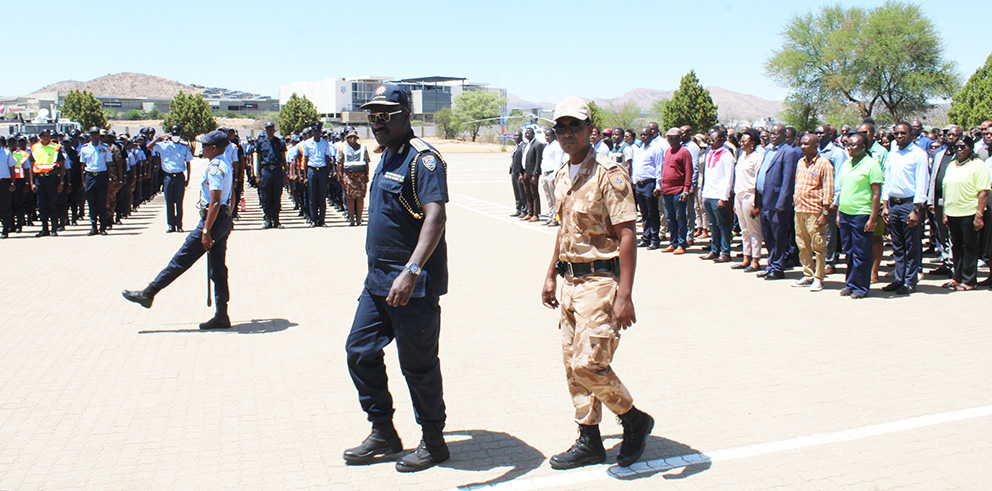
RAPE AND PATRIARCHY
Sociologist Ellison Tjirera says the underlying causes of crime should be investigated and understood.
“Namibia has a violent past, and I think a lot of healing still needs to happen,” he says.
Tjirera refers to intergenerational trauma and violence being passed on over time.
He says rape should be considered in the context of patriarchy.
“Patriarchy is now being challenged somewhat. So, you have women who are now empowered, and the role of a woman has changed over time.”
Women are no longer confined to household chores and have taken up influential positions in society, “but I’m not so sure what has happened to boys in general terms”.
He says men sometimes use rape as a weapon to assert their power when they feel disempowered.
“They are no longer breadwinners; they are no longer providers. Those roles of men have been challenged.
“And sometimes you have a weak man who doesn’t know how to deal with an empowered woman,” Tjirera says.
He says robbery has to be understood in the context of poverty and the country’s high unemployment rate.
“If you have a very unequal society like ours, issues like robbery are bound to happen. It’s a kind of redistribution by other means, if you like.”
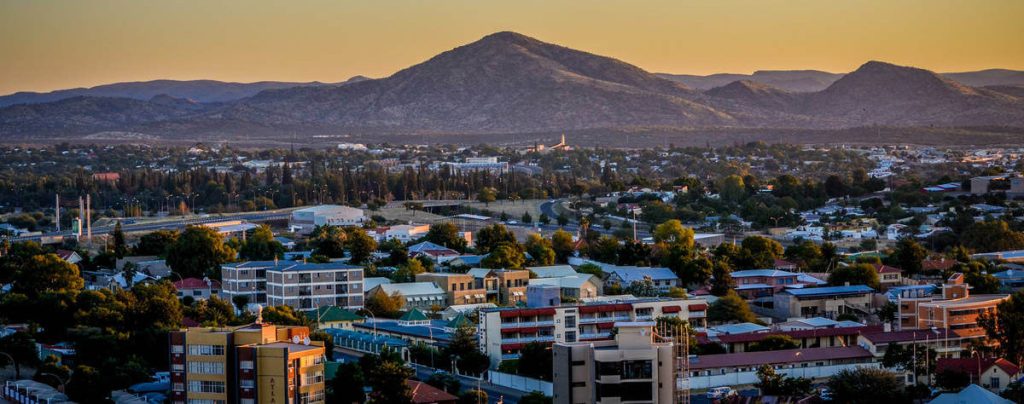
NOT ALL DOOM AND GLOOM
Cimbebasia Prosperita Neighbourhood Watch member Gawie Vermeulen says the two neighbourhoods have been free of break-ins for the past two years.
According to Vermeulen, with the help of the police, the neighbourhood watch has solved cases of break-ins, robberies and theft.
“We had break-ins like at least every two or three weekends when I became part of the neighbourhood watch and like I said, it’s now maybe two years [with] no house break-ins in the area,” Vermeulen says.
Vermeulen commends the police for their efforts in promoting self-policing among residents.
According to Vermeulen, in the past, people used to be against the police but this is changing as people are getting more involved with the police to better understand the system.
“In other words, where people would have been scared of the police and not understand what it is about and so on, you can now be part of the police [as a] reservist… It’s different than in the past,” he adds
PARTY PROMISES
With Namibia’s presidential and National Assembly elections a day away, political parties are promising to fight crime in several ways.
The Popular Democratic Movement is promising more officers and a system ensuring that criminals are arrested, tried, convicted and sentenced fast.
The party promises better police training, the decentralisation of policing powers, specialised courts and police, units to deal with corruption, sexual and GBV, gangs and drugs.
Swapo promises to reduce the prevalence of GBV under a section in its manifesto, titled ‘Better Living Standards: Quality Health and Social Welfare’.
The party highlights the importance of increased protection for women and girls public awareness campaigns, protection centres and specialised police units to render multi-sectoral and integrated service delivery.
Independent Patriots for Change (IPC) spokesperson Imms Nashinge says the party will work with the parliament to support, strengthen and promote families as the core unit of society.
He says the IPC will create jobs and opportunities to take young people off the streets.
“Additionally, we will strengthen law enforcement and streamline our laws to be responsive and effective in combating crime,” Nashinge says.
The Landless People’s Movement did not respond to questions sent to it by the time of going to print.
Stay informed with The Namibian – your source for credible journalism. Get in-depth reporting and opinions for
only N$85 a month. Invest in journalism, invest in democracy –
Subscribe Now!



